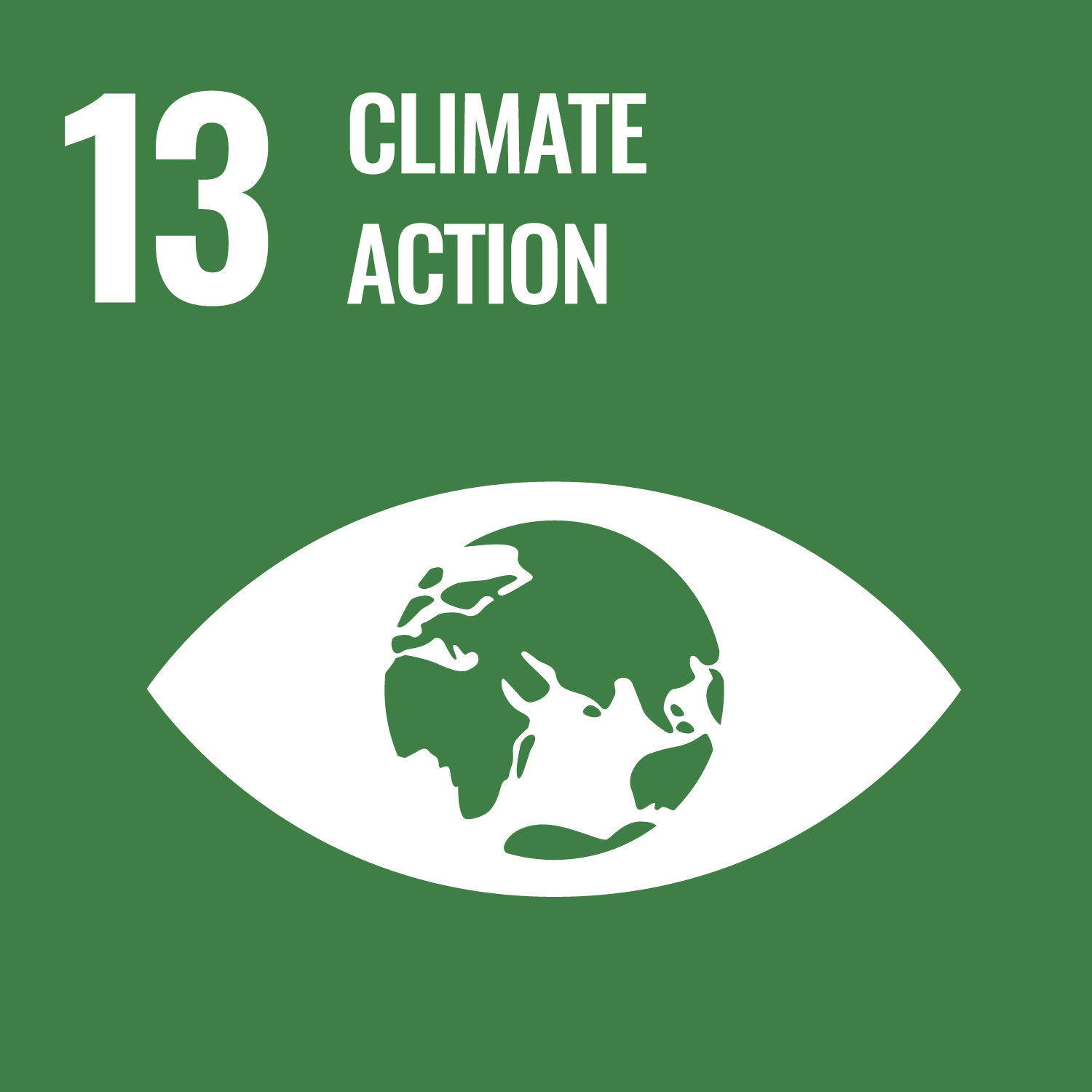Nurturing Resilient Agriculture and Livelihoods through Impact-Linked Finance
Aligned SDGs


- Nurturing Resilient Agriculture and Livelihoods through Impact-Linked Finance
- General overview
- Intervention
- Location
- Last data update
- Spreadsheet of data
- Nurturing Resilient Agriculture and Livelihoods through Impact-Linked Finance
- General overview
- Intervention
- Location
- Last data update
- Spreadsheet of data
General overview
Stage of development: Early stage
Policy sectors: Agriculture / Environment and climate change
Delivery locations: India
Country classification: Lower-middle-income
Intervention
Social or environmental challenge
The program's Implementation Model addresses critical market failures for individual farmers who struggle with limited access to resources, markets, and affordable credit, leaving them economically vulnerable and unable to integrate into agricultural value chains. In addition, climate change adds to their challenges, with erratic weather patterns and environmental degradation undermining productivity. The program's innovative approach combines renewable technology and sustainable practices to bridge these gaps. By offering training, awareness campaigns, and outcome-based incentives through impact linked loans to Farmer Producer Organizations (FPOs), the approach combines technical assistance with financial assistance. Simultaneously, it recognizes climate impact by promoting climate-resilient practices like drip irrigation and solar power. This holistic strategy not only empowers farmers economically but also enhances their climate resilience, fostering a more sustainable and adaptive agricultural sector.
Description of the intervention
The Outcomes-Based Funding project seeks to address the pressing issues confronting small and marginal farmers in India, constituting 85% of the agricultural holdings. These farmers grapple with limited access to crucial resources, viz., markets, and affordable credit, compounded by the challenges of climate change that undermines their productivity. The project proposes a comprehensive solution that combines renewable technology and sustainable agricultural practices to bridge these gaps. It introduces an innovative financing mechanism, impact-linked loans, as a core component. This mechanism operates by initially providing loans with lower interest rates that effectively function as grants. These loans are tied to the actual outcomes achieved by Farmer Producer Organizations (FPOs) in terms of sustainable agricultural practices. The approach shifts the focus to outcomes-driven support, ensuring that resources are directed where they truly make a difference. It incentivizes performance, encouraging FPOs to optimize sustainable practices and resource utilization. Importantly, it aligns risk, as FPOs are held accountable for repayment only if they achieve the expected impact. The project empowers small farmers economically and ensures FPOs sustain themselves for scalable impact. It's a holistic strategy aimed at fostering a more sustainable and adaptive agricultural sector in India.
Location
Country:
- India
Locality:
- India
Last data update
Data for this pipeline project was last updated in March 2024
You might have noticed that some pipeline projects have more data than others. This is because organisations can share as much data as they want with the INDIGO initiative. If you have more data on one of these pipeline projects and would like to share with us, please get in touch at indigo@bsg.ox.ac.uk. Our full list of variables and data definitions can be found here.
Spreadsheet of data
Important Notice and Disclaimer on INDIGO Data
INDIGO data are shared for research and policy analysis purposes. INDIGO data can be used to support a range of insights, for example, to understand the social outcomes that projects aim to improve, the network of organisations across projects, trends, scales, timelines and summary information. The collaborative system by which we collect, process, and share data is designed to advance data-sharing norms, harmonise data definitions and improve data use. These data are NOT shared for auditing, investment, or legal purposes. Please independently verify any data that you might use in decision making. We provide no guarantees or assurances as to the quality of these data. Data may be inaccurate, incomplete, inconsistent, and/or not current for various reasons: INDIGO is a collaborative and iterative initiative that mostly relies on projects all over the world volunteering to share their data. We have a system for processing information and try to attribute data to named sources, but we do not audit, cross-check, or verify all information provided to us. It takes time and resources to share data, which may not have been included in a project’s budget. Many of the projects are ongoing and timely updates may not be available. Different people may have different interpretations of data items and definitions. Even when data are high quality, interpretation or generalisation to different contexts may not be possible and/or requires additional information and/or expertise. Help us improve our data quality: email us at indigo@bsg.ox.ac.uk if you have data on new projects, changes or performance updates on current projects, clarifications or corrections on our data, and/or confidentiality or sensitivity notices. Please also give input via the INDIGO Data Definitions Improvement Tool and INDIGO Feedback Questionnaire.